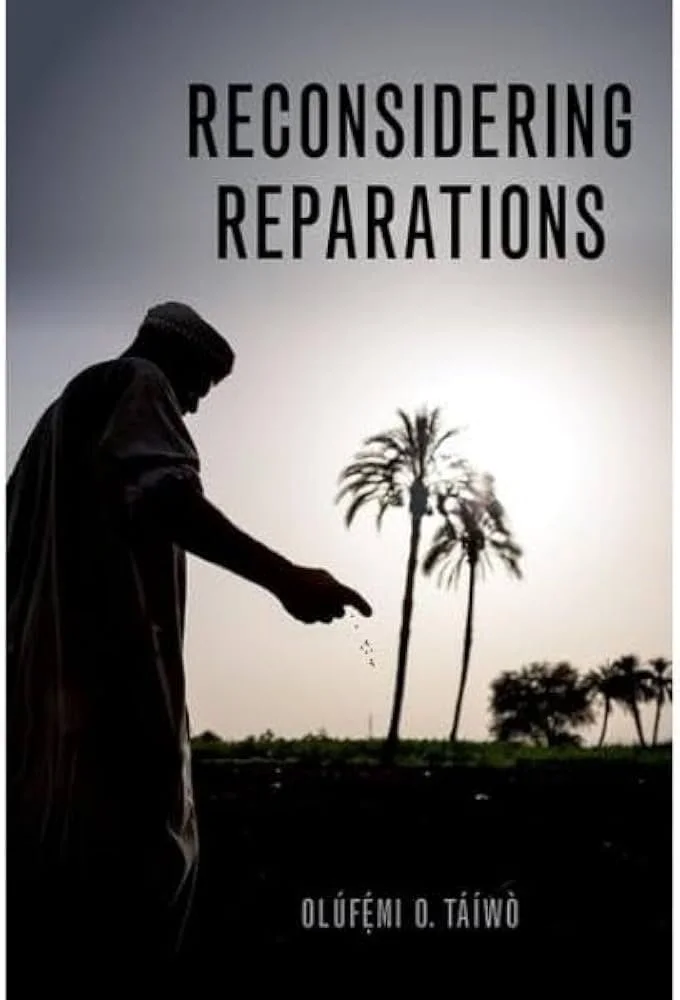Reading List
What is Environmental Justice?
Robert Bullard, one of the foundational figures of Environmental Justice (EJ) defined it as, “the principle that all people and communities have a right to equal protection and equal enforcement of environmental laws and regulations.”
Environmental Justice is a field that developed out of the recognition than throughout modern history, indigenous peoples, people of color, and the poor have been exposed to higher levels of pollution, waste, and resource extraction, making homes, health, and communities more vulnerable.
The term EJ was coined by Robert Bullard, Paul Mohai, Robin Saha, and Beverly Wright in the 1980s, and in 1991, at the First National People of Color Environmental Leadership Summit, delegates adopt the Principles of Environment Justice, a text which still defines the field today. EJ organized and united communities facing disproportionate toxic pollution and waster to lobby the U.S. government successfully. Although EJ was developed in the context of the United States, the EJ movement is rich and diverse across the world, especially in the global south.
The reading list developed below includes articles and books on the historical emergence of EJ—led largely by impoverished communities and/or people of color who felt excluded by mainstream environmentalism—as well as highlighting the importance of narratives—fiction, film, podcasts and more as a means of telling stories and imagining new environmental futures. This is a selective and incomplete list, but we hope, a place to start. We would love to hear from you what important texts you would add to this list.
-
Jedediah Britton-Purdy, “Environmentalism Was Once a Social-Justice Movement. It can be again.” The Atlantic. December 7, 2016.
Eddie Junsey, “The Environmental Justice Movement is Rooted in Black History” 350.05, Feb. 8, 2019
Manuel Pastor, Robert Bullard, James K. Boyce, Alice Fothergill, Rachel Morello-Frosch, and Beverly Wright, “Environment, Disaster, and Race After Katrina,” Race, Poverty & the Environment 13, no. 1 (2006): 21–26.
Pulido, Laura (2002) "Race, Class, and Political Activism: Black, Chicana/o and Japanese American Leftists in Southern California, 1968-1978" Antipode 34 (4): 762-788.
Kyle Whyte, “Settler Colonialism, Ecology, and Environmental Injustice,” Environment and Society 9 (2018): 125–44.
-
Joni Adamson, et al. eds. The Environmental Justice Reader: Politics, Poetics and Pedagogy. University of Arizona Press, 2002.
Robert Bullard, The Quest for Environmental Justice: Human Rights and the Politics of Pollution, Counterpoint Press, 2005.
Luke W. Cole. Sheila R. Foster, From the Ground Up: Environmental Racism and the Rise of the Environmental Justice Movement. NYU Press, 2000.
Julie Sze, Environmental Justice in a Moment of Danger. University of California Press, 2020
Olúfẹ́mi O. Táíwò, Reconsidering Reparations. Oxford UP, 2021.
-
Julian Aguon, No Country for Eight Spot Butterfly. Penguin Random House, 2022.
Eliane Brum, Banzeiro Òkòtó: The Amazon as the Center of the World. Greywolf Press, 2023.
Robin Wall Kimmerer, Braiding Sweetgrass: Indigenous Wisdom, Scientific Knowledge, and the Teachings of Plants. Milkweed Press, 2013.
Drew Lanthem, The Home Place: Memoirs of a Colored Man's Love Affair with Nature. Milkweed Press, 2016.
Natasha Trethewey, Beyond Katrina: A Meditation on the Mississippi Gulf Coast. University of Georgia Press, 2012.
-
Octavia Butler, Parable of the Sower. Four Walls Eight Windows, 1993.
Helon Habila, Oil on Water. W. W. Norton & Company, 2011
Indra Sinha, Animal’s People. Simon & Schuster, 2008.
Helena María Viramontes, Under the Feet of Jesus. Plume, 2005.
Diane Wilson, The Seed Keeper. Milkweed Press, 2021.
-
Reveal: This investigative podcast doesn’t only focus on environmental justice but is a frequent topic for this show from the Center for Investigative Reporting.
Broken Ground: Broken Ground is an award-winning podcast by the Southern Environmental Law Center.
Floodlines: The 2021 Peabody Award winning story of an unnatural disaster from Vann R. Newkirk II (Climate Museum Board Member!) and The Atlantic.
Toasted Sister Podcast: A podcast on Indigenous foodways and their land and labor.
Drilled: A true-crime podcast about climate change
-
Chemical Valley: A documentary by Anne Lewis Johnson and Mimi Pickering, explores a history of social and environmental abuse in West Virginia.
Bhopali: In 1984, the world's worst industrial disaster devastated and contaminated Bhopal, India. Today the suffering continues, prompting victims to fight for justice and corporate responsibility, which has long been ignored.
Maquilapolis: City of Factories: Just over the border in Mexico is an area peppered with maquiladoras: massive sweatshops often owned by the world's largest multinational corporations. Carmen and Lourdes work at maquiladoras in Tijuana, and it is there that they try to balance the struggle for survival with their own radicalization in this documentary.
My Louisiana Love: Monique Verdin explores the history of indigenous dispossession and the oil industry in this 2011 documentary.
Mossville: When Great Trees Fall is a documentary that was released in 2019 and follows the story of Stacey Ryan, the one person in town who refuses to leave his home after petrochemical plants have taken over the entire area.



